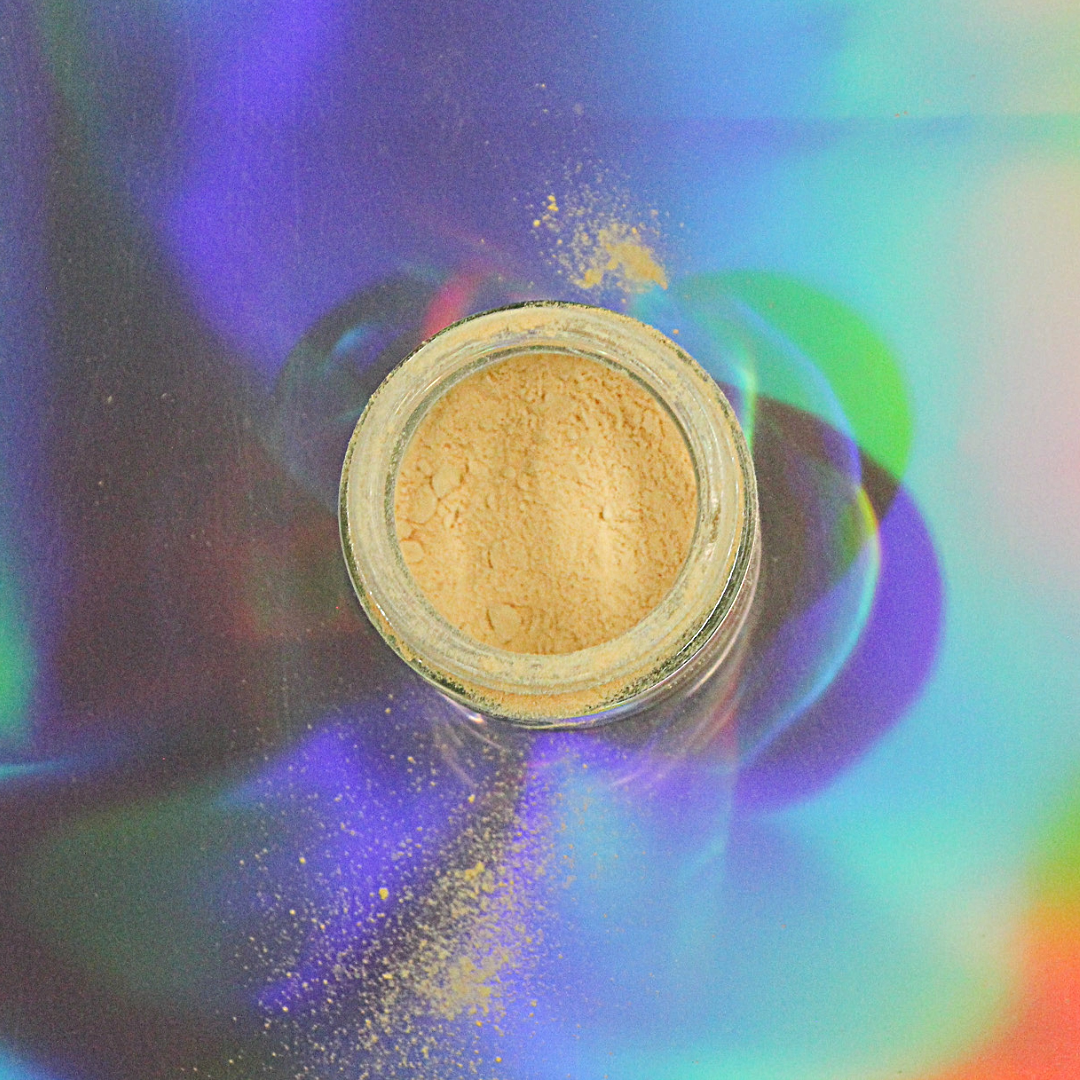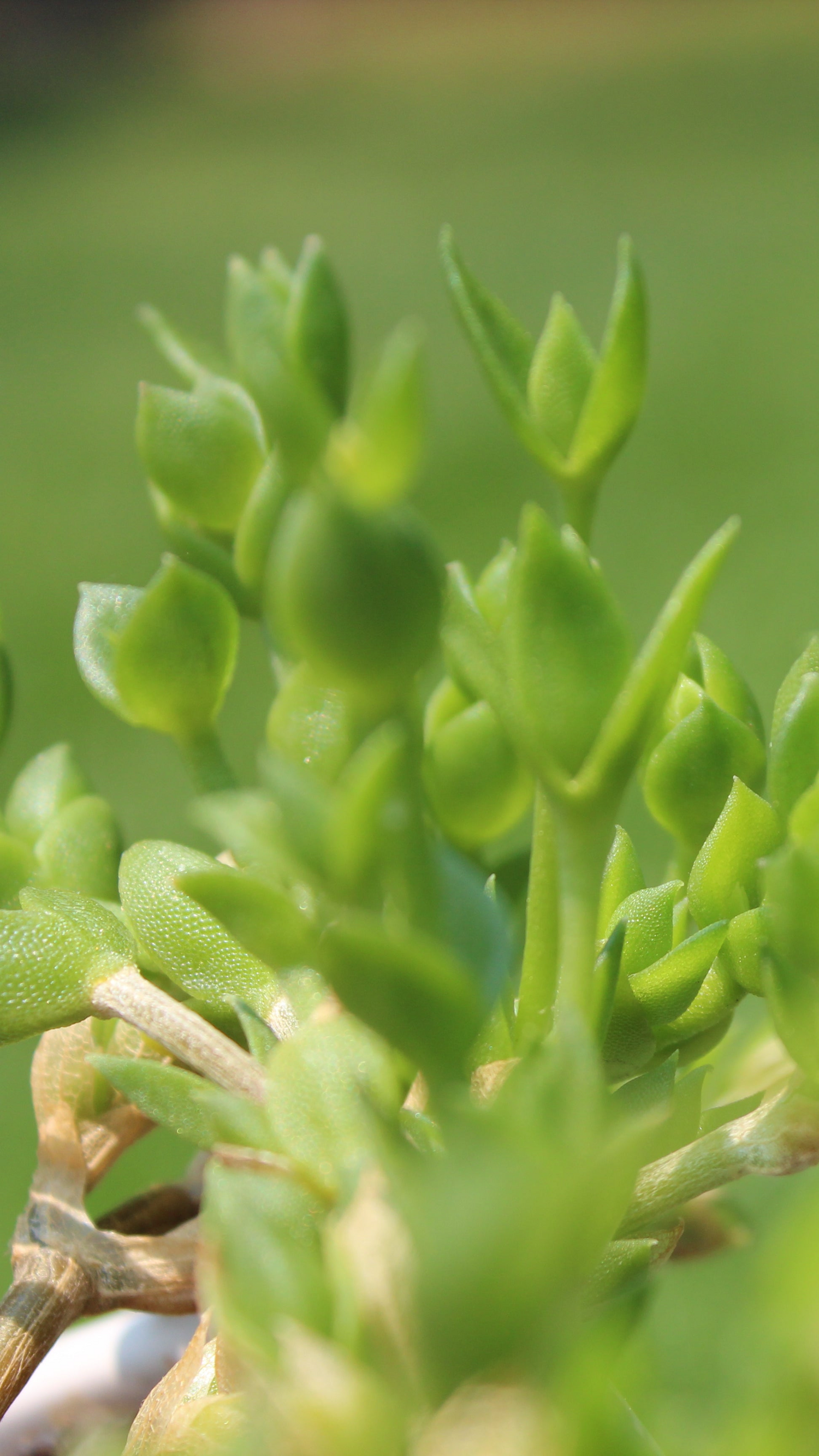
Healing Herbals
Kanna Extract High Potency 24% Active Alkaloids
Kanna Extract High Potency 24% Active Alkaloids
Couldn't load pickup availability
What is Kanna?
What is Kanna?
Kanna (Sceletium Tortuosum) is a flowering succulent plant native to South Africa. Kanna has been enjoyed for generations. This Kanna Extract has been specially formulated for higher concentrations of mesembrine- kannas most abundant and most sought after compound.
How to use
How to use
Healing Herbals Kanna Extract comes in a glass jar, with a small scooper and desiccant for ease of enjoyment. Every extract is unique, and best enjoyed with friends.
Safety & Testing
Safety & Testing
Healing Herbals Store is commited to quality kanna, extracted and perfected to ensure premium plant based alkaloids suspended on a mannitol substrate to ensure a consistent, high-quality & compliant product.
Kanna Extract High Potency 24% Active Alkaloids - Ultra-High Strength Kanna
Description: Kanna Extract (Sceletium tortuosum), a potent 24% alkaloid blend of mesembrine, mesembrenone, and delta-7-mesembrenone on a mannitol substrate,
This is some of the highest potency kanna extracts in the market. This is crafted for experienced users seeking mood enhancement, relaxation, and cognitive support.
Substainably grown and ethically sourced from South Africa, this high-potency extract includes a 5mg/10mg dosing spoon. Use 5mg sublingually or in drinks, with effects in 10–30 minutes.
High-Potency Warning: This Kanna Extract (24% alkaloids) is extremely potent and intended only for experienced users familiar with kanna. Start with 5mg and adjust cautiously. Do not combine with SSRIs or other mood-altering substances. Consult a physician before use.
Disclaimer: Not FDA-evaluated; Not intended to diagnose, treat, cure, or prevent any disease.
Share


This is in fact, as stated, high potency. A little goes a long way and it is at least comparable in strength to most other high strength extracts. If you are used to the ultra potent extracts provided by some other companies, then you will probably love this.

Kanna & Quality
Healing Herbals commitment extends through sustainable and ethical sourcing of Sceletium tortuosum. We ensure that our plant material is organically grown, without the use of synthetic chemicals, and sourced either from well-managed farms or sustainably maintained wild ecosystems on private lands.
In alignment with our ethical practices our main suppliers participate in fair sharing agreements with the indigenous San and Khoikhoi communities including the South African San Council. These are the traditional knowledge holders of Sceletium. Additionally our suppliers are authorized by the Western Province Department of Cape Nature to distribute and export Sceletium globally

History of Kanna
This revered herb, indigenous to South Africa, has played a significant role in the lives of the local people, particularly the Khoikhoi and the San tribes, since prehistoric times. These tribes, initially hunter-gatherers, used Kanna for various purposes including relief from thirst and hunger, to combat fatigue, and for social and spiritual purposes. They had a profound connection with the plant, associating it with the sacred eland antelope and referring to it by the same name: 'Kanna'.
The first isolation of an alkaloid from Sceletium tortuosum was in 1898 by Meiring, who called it mesembrine. This discovery led to a deeper understanding of the plant's chemical composition, though its exact composition remains elusive.
Kanna's long-standing history reflects its significance in South African culture and its evolving role in global herbal medicine and recreational use. From its traditional roots to modern applications, Kanna has remained a plant of great interest and value.


